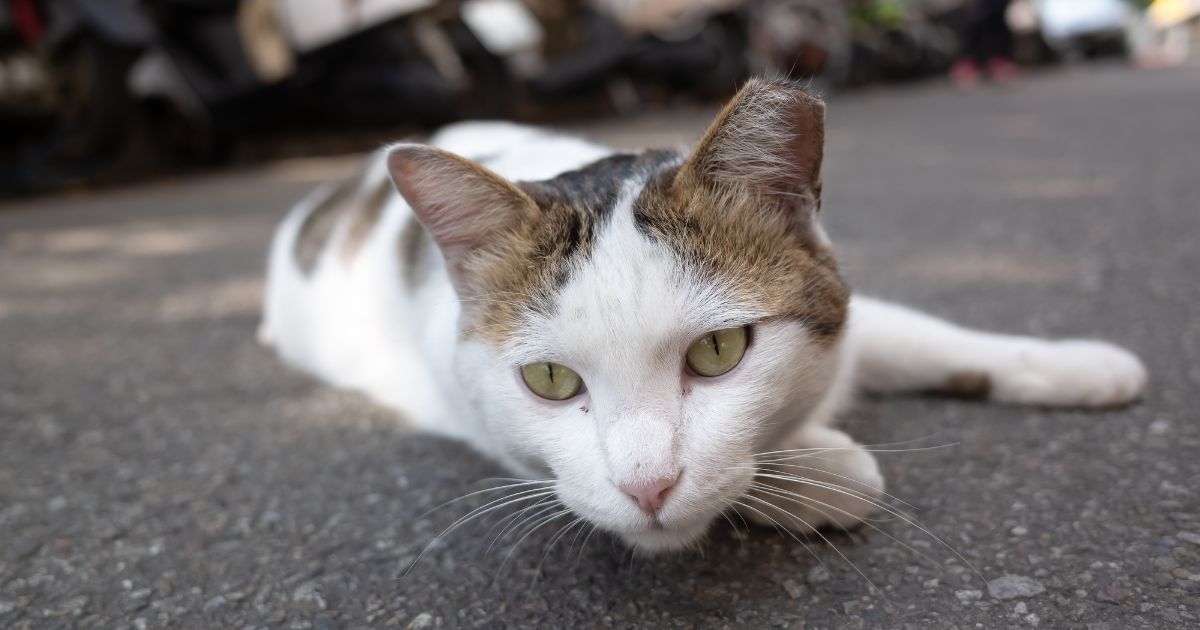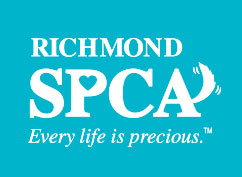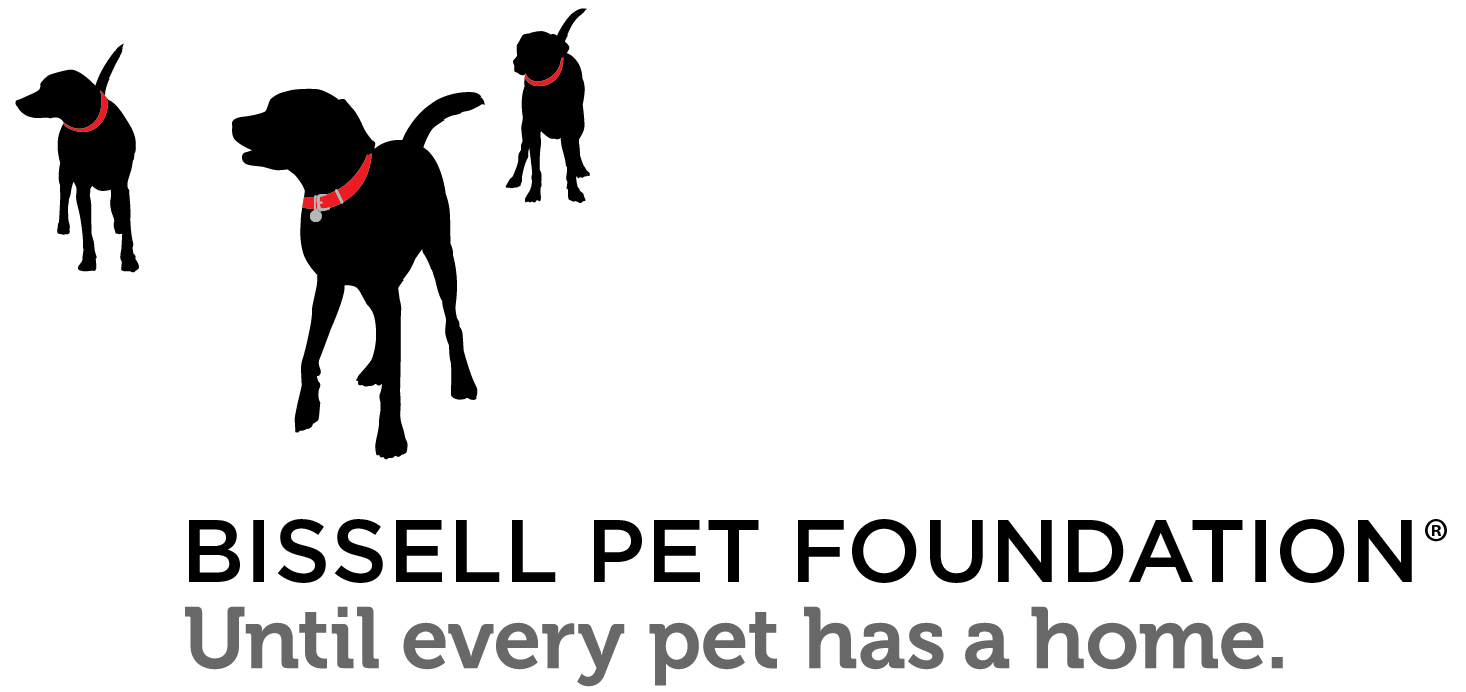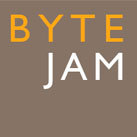Innocuous-sounding HB 221 poses danger for cats and TNVR

The most dangerous bill for animals in this General Assembly session is hiding behind a boring regulatory process. House Bill 221 directs the Virginia Department of Agriculture and Consumer Services (VDACS) to create regulations establishing minimum standards for a model free-roaming cat plan. It also exempts the adoption of these regulations from the Administrative Process Act.
Though starting a tedious state regulatory process may seem innocuous, this is a dangerous piece of legislation for unowned, free-roaming cats and Trap, Neuter, Vaccinate, Return (TNVR) programs. The regulation it proposes is unnecessary at best, and at worst it will threaten the successful TNVR programs being carried out in communities across Virginia. We should not leave the fate of these cats to be determined behind a closed-door process exempted from the transparency of the Administrative Process Act.
Immediately after HB 221 was filed on January 4, we reached out to the patron, Delegate Bobby Orrock. We hoped to avoid speculation about this bill’s intent and give him the opportunity to address concerns directly. The question we have is this: What outcome do you hope adoption of local management plans will achieve for unowned, free-roaming cats?
The person elected to that office has failed to respond but instead referred questions to a private individual supporter who refuses to answer plainly what outcome they envision for the cats. Without a commitment to non-lethal methods to manage cat populations, this is a bill we must strongly oppose.
Virginia shelters have made lifesaving progress for cats in recent years. Shelters euthanized 10% of the cats they cared for during 2022, which is the most recent data available from VDACS, down from 25% in 2016. HB 221 threatens to derail that progress, much of which is attributable to TNVR, which already occurs in every locality across the state. Burdensome state regulation of this effort will inevitably result not in reduction of cat numbers but in increased births.
The first body to hear HB 221 is the House Agriculture Subcommittee. If your delegate is among the nine representatives serving on this committee (Delegates Helmer, Willett, Clark, Glass, Wilt, Webert, Fowler, Runion and Lopez), please call or email their office to urge them vote no.
Should this legislation progress from committee, we will have further updates for concerned individuals across the state.



